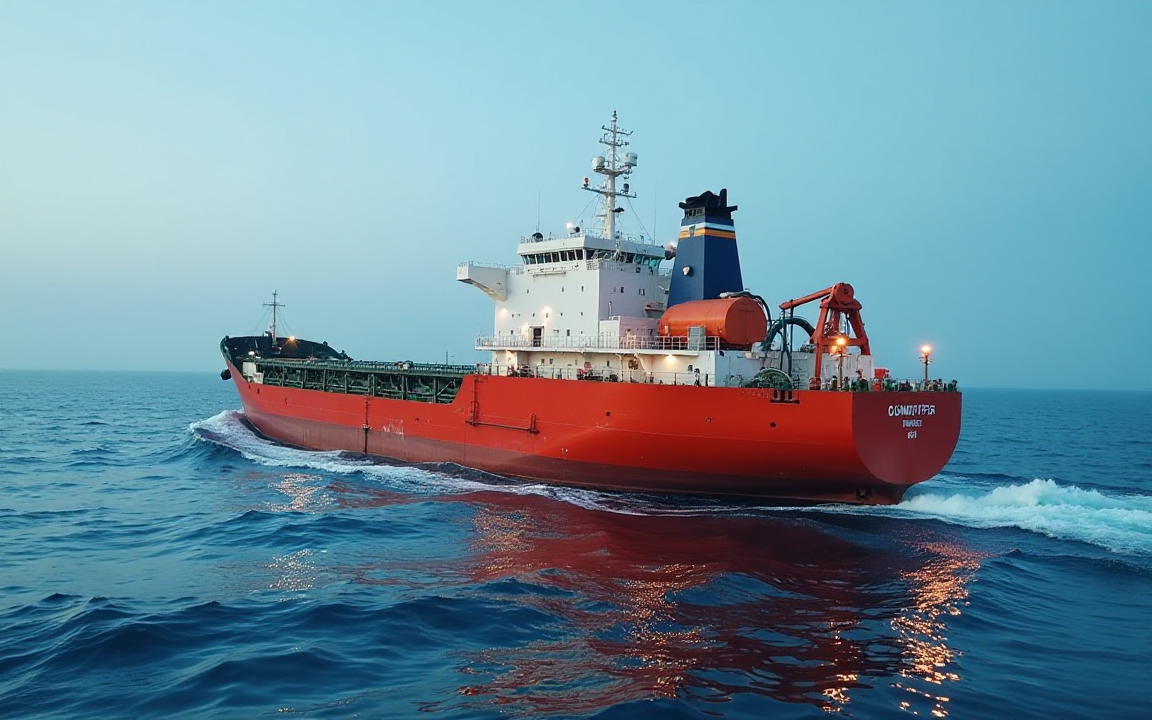On Thursday, Russia’s chief oil official advocated for OPEC+ oil producers to move forward with their scheduled output increase, citing an anticipated rise in summer demand.
“To ensure and balance it, we need to return to the market part of those voluntary reductions that were adopted in 2023,” Russian Deputy Prime Minister Alexander Novak, who was speaking at an economic forum in St Petersburg, was quoted in a Reuters report.
OPEC+, a group consisting of the Organization of the Petroleum Exporting Countries and allies, notably Russia, has eight of its members reversing voluntary production cuts.
These cuts previously amounted to 2.2 million barrels per day.
Production hikes
The eight members, which also include the kingpin of the group, Saudi Arabia, and its ally, Russia, have been increasing production since April.
In May and June, the eight members of OPEC+ increased oil production by a larger amount of 411,000 barrels per day, which surprised the market.
The group is further scheduled to raise production by 411,000 barrels per day in July as well.
The eight members, Saudi Arabia, Russia, the UAE, Iraq, Kuwait, Oman, Algeria, and Kazakhstan, will meet once again in July to decide on the August production levels.
Despite initially advocating for a pause in July’s increases, Russia ultimately supported a 411,000 barrels per day boost.
Novak said:
We have the opportunity to both increase and reduce production volumes.
Summer demand
On the same panel as Novak, OPEC Secretary General Haitham Al Ghais said on Thursday that demand continues to increase, especially in the developing world.
However, Rystad Energy’s analysts had previously said that oil demand in the summer months will rise from June to August.
The market is likely to struggle to absorb increased production levels from OPEC+ if the hikes continue beyond that time period.
When questioned about the risks stemming from the conflict between Israel and Iran, Novak mirrored the Saudi energy minister’s sentiments, stating that OPEC+ should calmly proceed with its plans and avoid alarming the market with predictions.
When questioned at the same event about Saudi Arabia and Russia potentially compensating for any decrease in Iranian oil supply, Minister Prince Abdulaziz bin Salman stated that OPEC+ would “only react to realities.”
Oil prices skyrocket
Oil prices have risen more than 10% since Israel attacked Iran last week. Analysts said the risk premium in oil prices is back, and prices could rise further if tensions escalate.
Despite mutual targeting of energy infrastructure, oil production and exports from the region remain undisrupted.
Iran exports much of its crude oil to China, and is the third-largest producer in the OPEC group. Daily oil production by Iran amounts to around 3.3 million barrels per day, according to data from OPEC.
Meanwhile, analysts also said risks run high in the Strait of Hormuz trade route.
The Strait of Hormuz sees about 15-20 million barrels of oil transiting through it daily.
If there are significant disruptions, oil flows to Asia remain in danger.
“So far, the Strait, the most critical oil transit route, has not been targeted,” Janiv Shah, vice president, oil at Rystad Energy, said in an emailed commentary.
We maintain our view that this is likely to remain a short-lived conflict, as further escalation risks spiraling beyond the control of key stakeholders.
The post Russia urges OPEC+ to proceed with oil output hikes amid rising summer demand appeared first on Invezz

